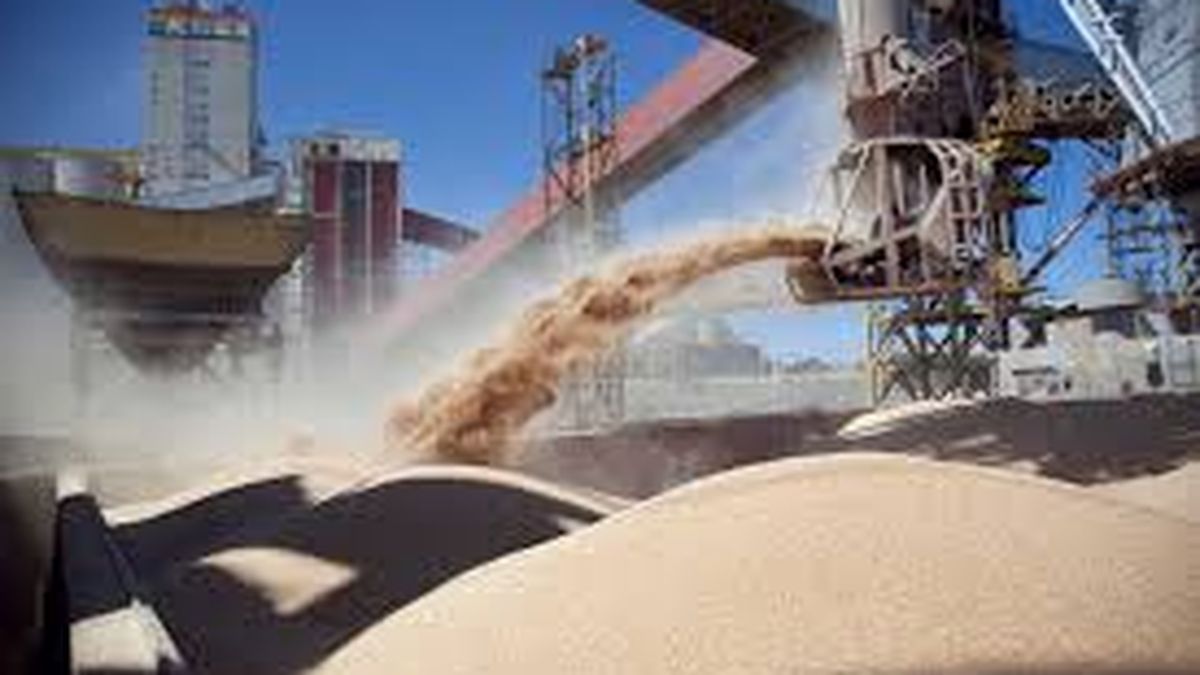On the one hand, although the text sent by the Executive establishes “0% withholdings for regional economies“, the reality is that the attached list details that they are excluded only 36 products (before it reached 20). For the rest, they say, there is a kind of “legal vacuum.”
This was stated by the CAME, which defined Regional Economies (RE) as “all activities from the primary agroindustrial sector and its derived industrieswhose production, processing and industrialization systems are linked to specific geographical areas.”
“The ERs have territorial anchoring, local and provincial socioeconomic relevance in terms of income generation and value addition; They are characterized by the use of permanent and/or temporary intensive labor and the use of local agricultural raw materials, with different levels of value addition to their products and the articulation of their links. They are defined by value chain and are made up, mostly, of a network of agricultural and industrial MSMEs and cluster development,” they detailed.
From CAME they had requested the Executive and the legislators to this definition is included in the bill, something that ultimately did not happen. “Without the definition, the legal vacuum still exists. And it is up to the interpretation of the official on duty. There are only 36 complexes“, they summarized from the entity.
“Taking into account only part of the Mercosur nomenclature, There are at least 96 complexes of regional economies in the country. In the bill, there is a legal loophole and there is no concrete definition. If there was a definition, you would know that the vicuña, the camelids, the mustard or the Río Grande peat, are regional economies. But since there is no definition, you are at the mercy of an official who arbitrarily says what a regional economy is and what is not,” he explained to Ambit Pablo Vernengo, executive director of regional economies at CAME. Tobacco and cannabis, among others, should also be taxed.
“If a definition is not incorporated, All these regional economies are going to be left out and will have to pay taxes. And it leaves them out of the market, because with these retentions competitiveness is lost.. A regional economy business is not like soybeans,” said Vernengo.
Withholdings from agriculture: what they demand from the sector
On the other hand, the text left unchanged the increases in export duties for the wheat and corn (which would go from being taxed 12% to 15%)the beef (from 9% to 15%) and the soybean oil and flour (from 31% to 33%). In the same way, it left unchanged 15% withholdings for industrial exports.
It is in this scenario that different actors from the agricultural and industrial sector expressed their dissatisfaction with the new text that will be debated in Congress. They maintain that the increase in withholdings negatively impacts value-added exports, which ultimately would not result in an improvement in the fiscal plan.
It happens, for example, with the soybean chain: is that, with the increase in the rate of export duties for oil and flour, they would be taxed the same as unprocessed beans.
“The industry is very concerned about this increase in export duties. It is an increase that has been demonstrated by all economic analysts that will not have positive fiscal effects, because milling will fall. And it will put Argentina’s main export complex at risk, there will be less foreign currency,” they told Ambit sources from the agroindustrial sector.
And they detailed: “We do not understand the Government’s logic of trying to increase withholdings, something that has been proven not to work and will cause a lot of damage.. That is why we have asked the Government and all the blocks not to support this decision of the Executive Branch.”
From the sector they indicated that this measure “will promote a primarization of foreign salesby generating benefits to companies that do not process in Argentina and sell the soybeans to a single global buyer, which is China.”
For its part, the Argentine Rural Confederations (CRA) issued a statement in which they expressed that “They accompany the governor of Santa Fe, Maximiliano Pullaro, in his position, who stated that he will not support the increase in withholdings”. “This positioning is added to the one that his pair from Córdoba took days ago, Martin Llaryora“, they detailed from the entity, and expressed that “export duties generate a strong economic impact that has harmful effects not only on agriculture but also on the economy as a whole.”
Withholdings: the view of the industry
Industry employment.jpg
From the industry they warn that withholdings on exports will negatively impact the sector.
From the industrial sector they also expressed their discontent with the bill that establishes withholdings on exports. In this regard, the UIA indicated that “The increase in export duties is not combined with the promotion of value-added exports, which are what generate the genuine foreign exchange that Argentina needs.”.
“In 2023, industrial exports totaled US$27,000 million and represented 40% of total exports“, they detailed from the entity, and added that, according to their estimates, “the fiscal pressure due to the effect of the new duties on exports of industrial goods and food and beverages would increase on average more than 11 percentage points.”
“This impact is direct on the FOB dollar value of external sales, quickly eroding the competitiveness gained by the new official exchange rate,” the UIA stressed. During the debate in the Chamber of Deputies, the entity had requested that, instead of 15%, withholdings for industrial exports be “6 or 8%, at least until mid-year.”
If it comes to fruition, they say from the sector, it will have a negative impact on industrial activity. “There are going to be many companies that are going to stop exporting. In fact, this is already happening.”summarized Ámbito Daniel Rosatopresident of Industriales Pymes Argentinos (IPA), who explained that the 15% withholdings that are sought to be applied to exports would be added to the 17.5% PAIS Tax.
The increase in the gap and financial costs are other problems faced by many SMEs that export. “There are many companies with problems in this whole scenario.“, said Rosato, who, referring to the level of activity in the sector, highlighted that in December “it was somehow sustained, because many had stock, but in January the problems worsened: there the true impact will be seen.”
Source: Ambito




